Diversity in the past
The materials in this section are all focused on the choices that teachers have to make about the substantive content of their curriculum. The diversity that all students encounter within the past – the range of specific individuals and groups of people about whom they learn – and the ways in which different topics are treated within the curriculum are known to impact on the extent to which young people engage with school history and on the connections that they see between past and present. The resources in this section illustrate different ways in which teachers have increased the diversity of their curriculum – paying more attention, for example, to women other than monarchs in the early modern period; examining the work of Black British civil rights campaigners; or questioning the stereotype of the English ‘Tommy’ in examining who fought for Britain on the Western Front. Teachers will need to develop their own subject knowledge if they are to teach more diverse pasts and many of these resources help to provide some of that new knowledge or show where it can be found.
-

CARGO Classroom: digital resources for diverse histories
17th March 2021Click to view -
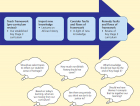
No more ‘doing’ diversity
ArticleClick to view -
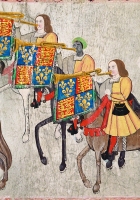
Widening the early modern world to create a more connected KS3 curriculum
ArticleClick to view -

Thinking beyond boundaries
ArticleClick to view -

How should women’s history be included at Key Stage 3?
ArticleClick to view -
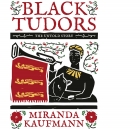
Triumphs Show 173: Teaching Black Tudors
ArticleClick to view -
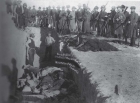
Polychronicon 173: From American Indians to Native Americans
ArticleClick to view -

New, Novice or Nervous? 173: including BME history in the curriculum
ArticleClick to view -
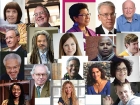
Identity in history: why it matters and must be addressed!
ArticleClick to view -

Hidden in plain sight: the history of people with disabilities
ArticleClick to view -

Cunning Plan 173: using Black Tudors as a window into Tudor England
ArticleClick to view -
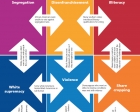
‘Its ultimate pattern was greater than its parts’
ArticleClick to view -

Triumphs Show 170: making a place for fieldwork in history lessons
ArticleClick to view -

Defying the ‘constrictive grip of typologies’
ArticleClick to view -

Triumphs Show 167: Keeping the 1960s complicated
ArticleClick to view -

Cunning Plan 167: teaching the industrial revolution
ArticleClick to view -
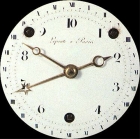
Why are you wearing a watch? Complicating narratives of economic and social progress
ArticleClick to view -

Beyond tokenism: diverse history post-14
ArticleClick to view -

'Victims of history': Challenging students’ perceptions of women in history
ArticleClick to view -
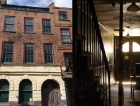
Helping Year 9s explore multiple narratives through the history of a house
ArticleClick to view

